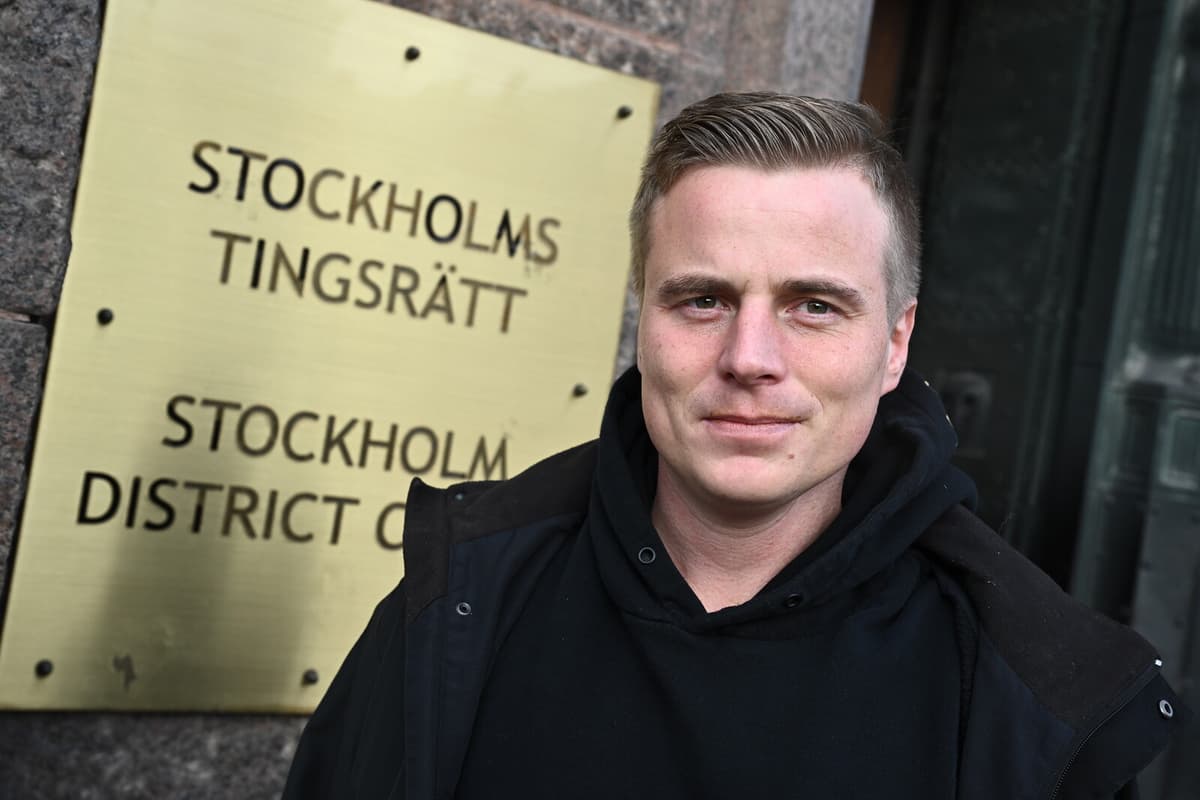At first, he thought his son had accidentally blocked his bank ID on the phone. But it turned out to be much worse than that.
Jonathan Ravelin was dead – in the eyes of the authorities.
I was going to send a payment, but my bank ID didn't work, and it said it was blocked, he says.
And when I later tried to log in to the bank, it said I was deceased.
This was the beginning of a long struggle to get everything working again.
In fact, Jonathan Ravelin wasn't that surprised. The same thing had happened to several others in the small community in Olofström in Blekinge, which they linked to a conflict with a person living in the same area.
However, correcting the false death declaration took much longer than he thought.
"Unbelievably many calls"
He was officially dead for just one week. But it took six weeks before he had full access to his own economy again after the incident in November 2023. During that time, he and his partner were forced to borrow money to, among other things, buy food for the family.
After a week, I was revived by the Tax Agency. But by then, they had already killed me in all other systems, he says.
There were unbelievably many calls to make, at the same time as I had to work and be with my family.
Suing the state
Jonathan Ravelin is critical of how easy it was to "kill" him. All that was needed was a form from the National Board of Health and Welfare and a fabricated doctor's signature.
He is now suing the state with a claim for 20,000 kronor in damages and with the hope that the Tax Agency changes its routines.
I hope they realize that something needs to be changed here. You don't get any help either after being declared dead, he says.
The Tax Agency sends an email to all authorities that you are dead. But they can't send an email that you are alive, you have to do that yourself.
The lawsuit was filed with the Stockholm District Court on Thursday morning.
It is unacceptable that the Tax Agency registers people as dead without first making sufficient checks, says his lawyer Elsa Haggård, who is a lawyer at the Center for Justice.
Advertisement
Jonathan is not alone in being affected. His case can be guiding and sharpen the requirements for all authorities that handle sensitive personal data.






